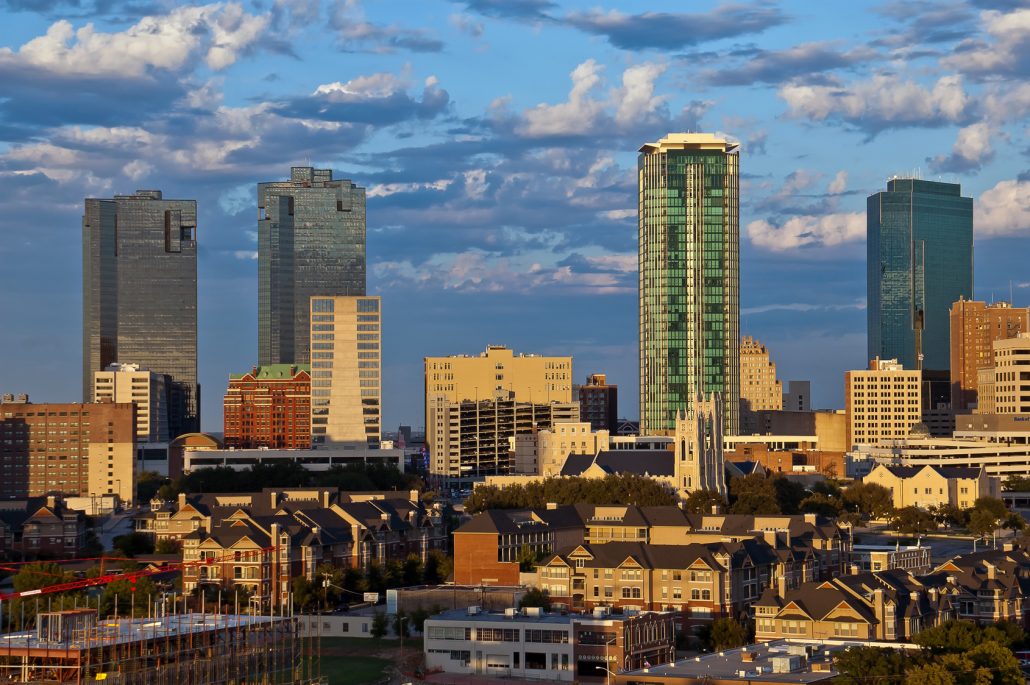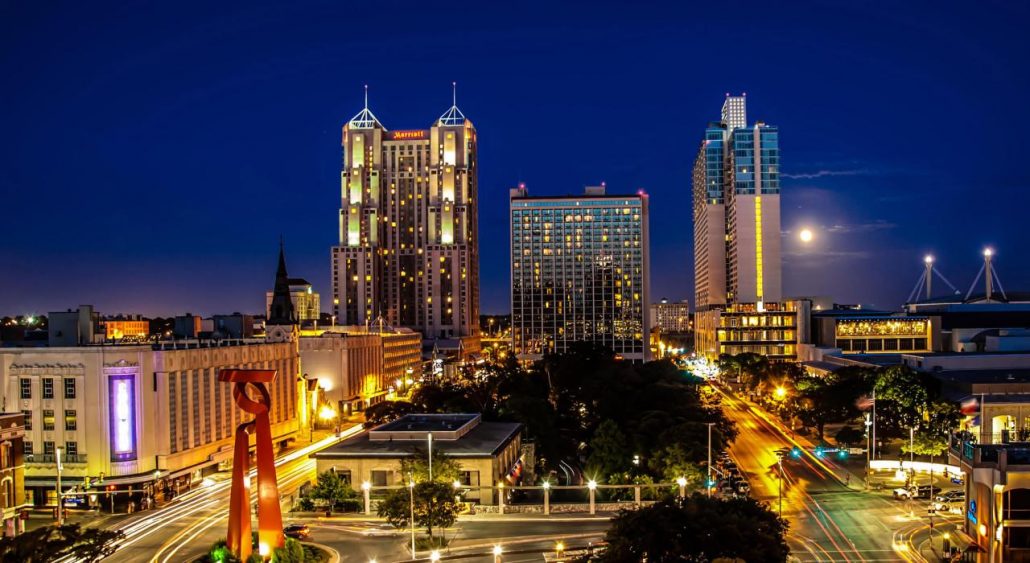Texas Halfway Houses: A Crucial Resource in Dealing with Opioids Like Fentanyl
Texas, the “Lone Star State,” boasts a rich history, diverse landscapes, and a vibrant culture. From the sprawling metropolitan centers of Houston and Dallas to the stark beauty of Big Bend National Park, Texas offers something for everyone. Foodies will delight in the state’s renowned barbecue and Tex-Mex cuisine, while music lovers can immerse themselves in the lively country music scene. Despite these activities, Texas has a significant challenge with drug addiction, particularly opioids and methamphetamine. This epidemic strains public health resources and disproportionately impacts certain communities.
Even with this hurdle, Texas is a hotbed for innovation, with a booming tech industry and a can-do spirit that perennially attracts entrepreneurs and dreamers. Efforts are currently in progress to tackle addiction, and the state’s resilience offers hope for overcoming this challenge. One way the state is combating addiction is through halfway houses. These facilities provide recovering addicts with a place to transition back into independent living. Halfway houses support during this vulnerable time, helping individuals stay sober, and become productive members of society. Halfway houses in Texas, coupled with the state’s resilience, offer hope for overcoming the challenge of addiction.
Houston Halfway Houses: A Response to Fentanyl Drug Overdoses
Houston, the largest city in Texas, is a cultural and economic powerhouse in the southern United States. Nicknamed “Space City” for its role in NASA’s manned space missions. The epicenter of American space exploration, boasting the Johnson Space Center and even a replica of the International Space Station. But Houston’s a cultural gem too, with a thriving arts scene, world-class museums like the Museum of Natural Science and the Museum of Fine Arts. However, the city also faces a serious challenge with fentanyl drug overdoses. Harris County, which encompasses Houston, leads the state in fentanyl-related deaths, highlighting the need for awareness and prevention efforts. Halfway houses in Houston are vital for individuals seeking to overcome addiction. By offering a safe haven and guidance, halfway houses empower individuals to break free from addiction and rebuild their lives. With the resources and accountability provided by these homes, individuals can avoid relapse and continue on the path to long-term recovery.
Austin Halfway Houses: An Answer to Teen Opioid Abuse in the Capital of Texas
Austin, the capital of Texas, is a city known for its live music scene, delicious food trucks, and quirky atmosphere. Nicknamed “The Live Music Capital of the World,” Austin boasts a wide variety of music venues, from iconic Sixth Street to intimate jazz bars, where you can catch up-and-coming artists or legendary musicians practically every night of the week. In Austin, one of the most prominent issues is teen opioid abuse. Tragically, Central Texas has seen a rise in overdoses, particularly among teenagers, many of whom are unknowingly consuming fentanyl-laced pills or drugs. Community organizations are working hard to raise awareness of this danger and provide resources for prevention and treatment.
Beyond the tourist hotspots, Austin confronts difficulties such as abuse from substances like opioids, this is where halfway houses can help. They are residential facilities that bridge the gap between inpatient treatment and independent living. They give professional supervision for individuals reintegrating into society after receiving intensive treatment for addiction. With the right tools, halfway houses in Austin can contribute to preventing opioid addiction, not just for teens but all people regardless of age.

Dallas Halfway Houses: Navigating a Path to Peace from Synthetic Fentanyl Combinations
Dallas, in northern Texas, is a center of commerce and culture. Its Sixth Floor Museum at Dealey Plaza pays tribute to John F. Kennedy. At the Dallas Museum of Art, a vast collection spans cultures and centuries. Klyde Warren Park, a sprawling green space atop a freeway, offers gardens, performance spaces and a children’s park. Nevertheless, the shadow of the opioid crisis looms large, urging solutions to protect the well-being of Texans. The state wrestles with the deadly issue of synthetic fentanyl combinations. These potent and unpredictable drugs are fueling a public health crisis. By supporting halfway houses in Dallas, we can help countless individuals break the cycle of addiction, reclaim their lives, and lead a life of sobriety. Together, we can make a difference. If you need to turn your life around from the effects of synthetic fentanyl combinations or other drug-related addiction and overdose, halfway houses are always available to help.
Ending the Illegal Fentanyl Smuggling with El Paso Halfway Houses
Nestled against the dramatic backdrop of the Franklin Mountains, El Paso pulsates with a vibrant blend of cultures and a rich history. This sun-drenched Texan city offers a delightful mix of outdoor adventure, with hiking trails snaking through scenic mountains, and a thriving arts scene, showcased in its museums and energetic street murals. Even with these, El Paso also faces challenges. One significant issue is the illegal fentanyl smuggling coming across the U.S.-Mexico border. This powerful synthetic opioid fuels a national health crisis, and El Paso, as a major port of entry, is on the front lines. With halfway houses, they have a chance to break bad behaviors and replace them with good habits. Halfway house residents have access to a variety of programs that help prevent further complications regarding fentanyl, meth, and other drug related addictions. Individuals can make a significant difference in the fight against opioid and drug addiction, paving the way for a brighter future for individuals and communities. If you’re still not convinced on whether you should go to a halfway house in El Paso, remember that people that go there are always willing to listen and lend a hand to someone in need.
Halting the Progress of Illegally Manufactured Fentanyl with Fort Worth Halfway Houses
Fort Worth, Texas offers a unique blend of Western heritage, cultural attractions, and a vibrant metropolitan scene. Nicknamed “Cowtown” for its historic role as a cattle driving center, Fort Worth still embraces its past with the Fort Worth Herd. For a dose of art and culture, the Kimbell Art Museum, housing a collection spanning centuries and continents, or the Amon Carter Museum of American Art, which focuses on American works from the 18th to the mid-20th centuries. The Fort Worth Water Gardens, a series of three cascading waterfalls is a beautiful urban oasis, perfect for a stroll or picnic lunch.
While Fort Worth offers many stunning activities, they are actively addressing challenges such as drug addiction and illegally manufactured fentanyl. This synthetic opioid is a serious public health concern, and it’s important to be aware of its dangers. If you or someone you know is struggling with addiction, there’s help available. Fort Worth offers a network of resources, including halfway houses in Fort Worth that provide supportive living environments for individuals on the path to recovery. These programs can be instrumental in a person’s journey toward a healthy and fulfilling life.
Finding Serenity from Substance Abuse Disorders in San Antonio Halfway Houses
Steeped in history and culture, San Antonio, Texas is a city with something to offer everyone. Explore the iconic Alamo, a former Franciscan mission that played a pivotal role in the Texas Revolution. Immerse yourself in the rich heritage of the San Antonio Missions National Historical Park, a UNESCO World Heritage Site. The city’s vibrant culture also offers the River Walk, a pedestrian and boat promenade lined with shops, restaurants, and lively bars. Beneath the surface, however, lies a complex problem that extends beyond the perfect scenery. San Antonio faces public health challenges, including substance abuse disorders among teenagers.
Halfway houses in San Antonio are a necessity for individuals trying to get back into normal life after facing substance use disorders. These places help by giving support, guidance, and chances for residents to learn new skills and improve their wellbeing. It offers programs, counseling, and support from the community to help people overcome hardships and have a brighter future. Also, it plays a big part in helping people who have made mistakes in the past to have a fresh start.
Be Familiar the Best Options for Recovery from Halfway Houses in Texas
Texas, the second-largest state in the US, offers a diverse range of experiences for every traveler. Explore the booming metropolis of Houston, home to NASA’s astronaut training center. In Austin, the state capital, soak in the live music scene and quirky vibe. Dallas offers a thriving business district and trendy neighborhoods, while Fort Worth, its neighbor, boasts a rich Western heritage. El Paso, on the US-Mexico border, showcases a vibrant Hispanic culture. Finally, San Antonio, steeped in history with the Alamo and the River Walk, is a major tourist destination. From bustling cities to charming towns, Texas promises an unforgettable adventure.
As we navigate the landscapes of Texas, what brings us together is our shared commitment to healing and the sense of solidarity found within halfway houses. To help prevent and reduce the crisis that is happening in Texas, it is important to let halfway houses in Texas step in and be your guide. If you’re ready to break free from substance use dependence, take the first step today. Reach out and get the support you need to make positive changes in your life.
Find Halfway House in this Location
Primary Service: treatment program for chemical dependency
Address : 7312 Laurie Dr., Fort Worth, 76112
Primary Service: Substance Use Disorders Program
Address : 2824 S Congress Ave, Austin, 78704
Primary Service: Recovery Related Service
Address : 9119 Arbor Park Drive, Dallas, 75243
Primary Service: Mental Health Services
Address : 3251 Harry Wurzbach Road, San Antonio, 78209
Primary Service: Substance Abuse Treatment Services
Address : 2702 Jorent Dr, Houston, 77088
Primary Service: Mental Health Services
Address : 6010 Amarillo Boulevard West, Amarillo, 79106
Primary Service: Recovery Related Service
Address : 2206 Meandering Way, Mckinney, 75071
Primary Service: Recovery Related Service
Address : 2722 West Kingsley Street, Garland, 75041
Primary Service: Mental Health Services
Address : 1112 West Pioneer Drive, Irving, 75061
Primary Service: Substance Abuse Treatment Services
Address : 1308 Ave Q, Lubbock, 79401





